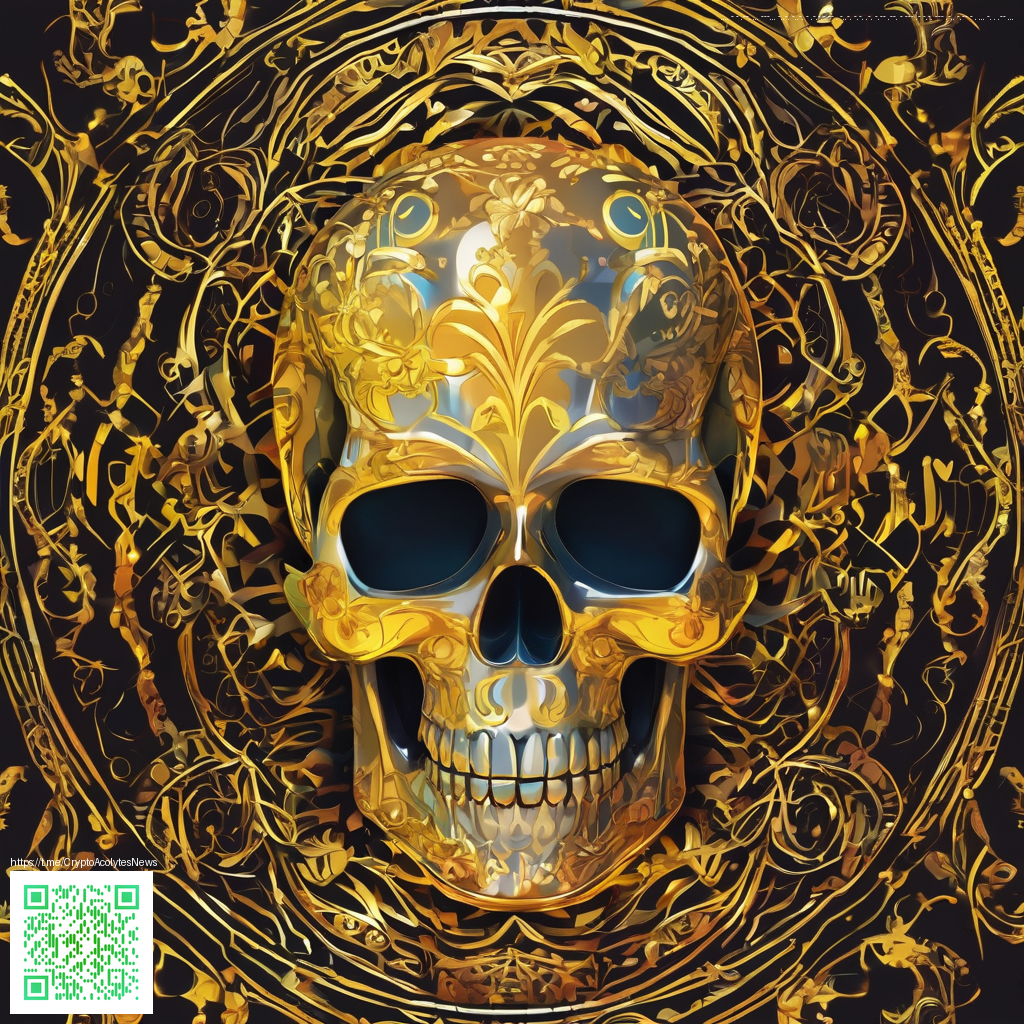
The Tomb That Wakes a Curse
On the southern edge of a sun-scorched desert, a weathered team of archaeologists unsealed a tomb carved from black basalt, its surface etched with glyphs that refused to fade with time. The chamber breathed with a metallic tang, like old coins warmed by a kitchen fire. Dust motes floated in a pale shaft of light as the lid yielded with a sigh, heavier than any fear the crew had ever known. They did not expect a history of blood but a history of appetite—one that would demand more than their curiosity could spare.
As the sun slipped below the horizon, the air grew dense, and the walls seemed to lean closer, listening. The hieroglyphs around the entrance shifted in the dying light, as if the stones themselves remembered every whisper uttered within their shadowed halls. The lead excavator, Dr. Liena, felt a tremor travel through the floorboards of the tomb, a pulse that crawled up her ankles and settled into her bones. When the lid moved again, it did not open so much as release a breath—cold, wrong, and entirely alive.
“When the holy seal is broken, the sleeping binds awaken. The curse is not a chain but an appetite that remembers every sound, every breath, every year that forgot to count itself.”
From that moment, the tomb ceased to be a tomb and became a mouth. Whispers slithered along the floor, and the mural of a king speaking with a shadow grew louder in the minds of the living. A name appeared in a fresh, red ink upon the lid, as if the dead themselves had inked a warning with their last quiet scream. The team tried to seal the chamber again, yet the stone would not listen to their hands; it listened to the living’s fear, and fear, in turn, demanded a listener.
- A sudden chill crawls up the spine, like fingers tracing the spine on a page that refuses to be read aloud.
- Carvings in the chamber bleed a resin-dark liquid that gleams with a mirror-like sheen, reflecting not faces but memories.
- Footsteps echo without sources, measured and patient, circling the room until they pause at the threshold and vanish.
- A clock in the corner begins ticking backward, stealing minutes from the day and returning them as tremors in the skull.
- Shadows detach from the walls, lingering at the edge of sight, waiting for a moment of weakness to enter the living space.
Night thickened into a velvet black, and the tomb drew breath again, smelling of rain on ancient coins and something colder still—an appetite for recollection. The question that settled over the camp like the heat haze was not what the curse had taken, but what it hoped to reclaim: memory, name, and the living’s last thread of certainty. In the end, the tomb did not simply wake a curse; it reminded the world that some sleep is guarded by a hunger no living hand should feed. The dawn would tell what would wake next, and what would be left to remember.